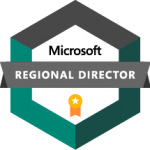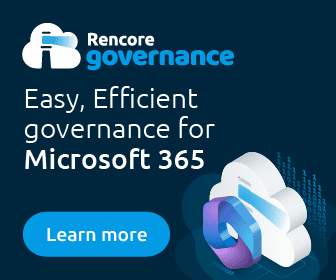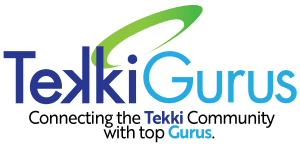Productivity with an Operational Mindset
I may have spent a good portion of my career building or running project and product management teams, but I owe a lot of my process knowledge (and what little patience I have for bloated bureaucracy) from 3.5 years at Pacific Bell including 2 within the operations team at the start of Pacific Bell Mobile Services in the mid-1990’s (rebranded as Pacific Bell Wireless and then Cingular), AND my 2 years in an operations management role at Microsoft. Sure, the bureaucracy within both orgs was maddening – especially for someone who prefers action over endless analysis – but my time in these roles was a great learning experience, where I was able to read and participate in discussions around business systems development, team dynamics, and operational excellence.

Photo by Alex Kotliarskyi on Unsplash
As my kids have entered the workforce and I am able to talk with them about work and technology (that they now understand and deal with first-hand), one piece of advice I have given them on more than one occasion is advice I picked up in graduate school back in the 90’s: you’ll never go wrong focusing on productivity.
Within operations, you’re constantly looking for ways in which you can decrease the “mean time to resolution” or MTTR of problems (usually in the form of support tickets). One way to do that is to improve the processes you follow and improve your personal, team, and organizational productivity.
Productivity improvement is at the core of operations – and it was the underlying theme of two of the most influential business books on my career: Eli Goldratt’s book The Goal (which is a must-read), and statistician, author, and management consultant W. Edwards Deming’s book (who is a hero of mine) Out of the Crisis, which was originally titled “Quality, Productivity, and Competitive Position.”
In my experience, far too few administrators look at their collaboration activities with this operations and productivity mindset. Whether deploying new solutions and platforms, or upgrading the version of their platform (such as moving from SP2016 to SharePoint Online), it is an opportune time to reflect on the state and well-being of your existing investments and to determine whether or not your environment is not only running optimally (which is important, of course), but whether there are opportunities to improve your productivity. You want to get the most out of your technology investments – but how often do you review your use cases, solutions, and usage patterns to find out if you are optimized? A common question from executives to the teams and stakeholders who own and manage collaboration solutions is “How productive are our end-users?” I’m sure you’ve heard this question, but do you have an answer?
This can be a difficult question to answer. Most organizations have traditionally focused on deploying the platform, but have failed to consider the measurements of success. Increasingly, administrators and executives alike need to focus more on productivity, and how their ongoing operational goals should be to:
- Simplify the employee experience/interface
- Align employee activities with the needs of the business
- Streamline business processes
- Get more out of the investments you’ve already made
The result of changing your operational activities toward a productivity focus means a higher return on investment (ROI) for the platform overall, because it will have a direct impact on platform usage. And when more people are using the platform, your company will get more out of the platform. You’ll see these benefits through faster employee on-boarding and training, more business output and stronger platform usage — all of which means a faster realization of the financial investments you’ve already made in your technology.
However, don’t forget that there is no end to your operational focus. Your business is constantly changing, the technology is constantly changing, and your employee needs are also constantly changing.




